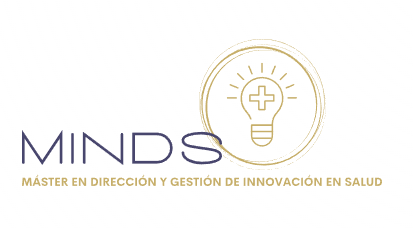Currently, there is still controversy as to what is the normal physiology of the motor system and control of voluntary movement in humans. Thus, most research and data come from animal experiments. Professor Fernández-Torre and his IDIVAL group have combined their experience in clinical practice in epilepsy and, in particular, in status epilepticus and their knowledge in basic physiology, to try to extract pathophysiological considerations that can help to understand the cortical organization, functioning basic and movement control.
There is scientific debate about the structure and nature of the motor map and whether this map represents individual muscles (as suggested by Penfield's counterpart) or whether it is a map of motor movements and intentions (as suggested by micro-stimulation techniques). The authors have described two rare cases of adults with continuous epilepsy partialis – a subtype of partial motor status epilepticus – whose clinical manifestations and electroencephalographic and neuro-radiological findings support that both proposed models coexist in motor control in humans.
This research article has been possible thanks to the integration of the knowledge in epileptology and basic neurophysiology of Dr. Fernández-Torre (associate professor of Physiology of the nervous system of the Faculty of Medicine) and the clinical and interpretive skills of a multidisciplinary group excellent professionals that include neurointensivists (Dr. Hernández-Hernández), neurophysiologists (Dra. Martín), neuroradiologists (Dr. Marco de Lucas) and, of course, neurosurgeons (Dr. Mato-Mañas). Dr. Fernández-Torre – head of the associated clinical group of Neurophysiology in Epilepsy and Neurointensives, of IDIVAL – highlights the importance of this multidisciplinary collaboration between clinical professionals and the ability of his group to transfer knowledge of basic neurophysiology to the bed of the sick.
The associated clinical group of Neurophysiology in Epilepsy and Neurointensives emerged 11 years ago and during this time it has been consolidating its line of research with a progressive increase in the impact factor of its publications and obtaining help from the Carlos III Health Institute (Action Strategic in Health) of 68,970 euros for an intracortical electroencephalography project in coma patients with acute brain damage.
Ref. Epilepsia partialis continua and cortical motor control: insights into physiology. Fernández-Torre JL, Martín-García M, Orozco-Sevilla E, Mato-Mañas D, Hernández-Hernández MA, Marco de Lucas E. Epileptic Disord. 2019 Dec 1;21(6):603-607. doi: 10.1684/epd.2019.1119.





















